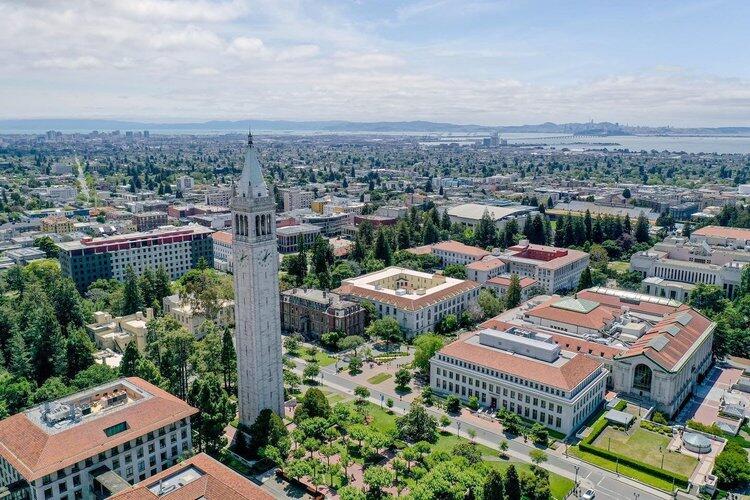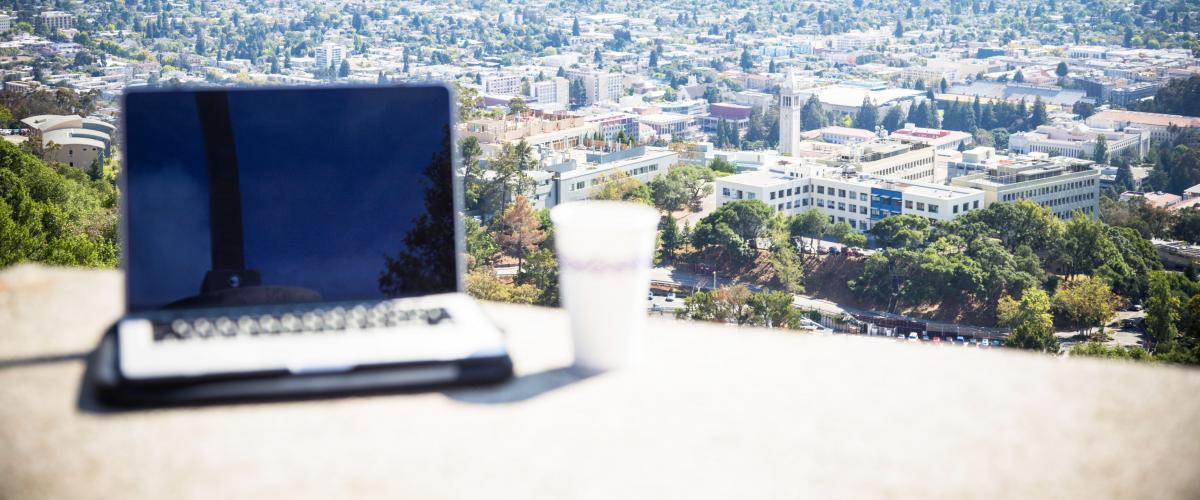We recognize that equitable technology access is essential for all students and that the technology needs of students with disabilities are unique and varied. Here is a guide to some technology resources that may be useful for students with disabilities. Also check out our tips for Black students, EOP students, graduate students, new students, and soon-to-graduate students if applicable.
Assistive Note-Taking Technology
- Sonocent Audio Note-taker: Sonocentturns your laptop or mobile device into an audio recorder and combines visuals with text and audio recordings.
- Livescribe 3 Smartpen: The Livescribe pen captures handwriting on paper, syncs it with audio recordings, and transfers it to your mobile device.
-
Learn more about note-taking technology and meet with your Disability Specialist to determine if they are the right accommodations for you. DSP also offers note-taking services to provide copies of class notes via bCourses.


DSP Technology Grant
DSP enrolled students with financial need can apply for this grant, which aims to increase access to instructional and research materials. In order to apply, students must have a referral from a DSP Specialist. There are application periods in October and March. Learn more about grant eligibility and and application process.
ADA-Compliant Workstations on Campus
- If your class involves doing work in computer labs, inquire with your instructor about computer facilities with ADA compliant workstations.
- There are currently two facilities available: Wheeler Computer Facility located at 210 Wheeler Hall and the Moffitt Computer Facility located on the first floor of Moffitt library, next to the Moffitt Makerspace.
- Stations are equipped with adjustable tables and assistive technology software.
- Learn more about Assistive Technology
1. DSP Alternative Media Center & Self-Scanning
- The center converts course materials into accessible electronic and print formats for students with print-related disabilities.
- Scan stations for alternative media purposes are also available to most DSP registered students with print disabilities through the Self-Scan Lab.
- Meet with your Disability Specialist to determine if Alternative Media is the right accommodation for you and to learn more about the services available.
2. Captioning Services at the Moffitt Media Resources Center (MRC)
- The MRC offers captioning services for DSP students needing accommodation. Meet with your DSP Specialist for more information.
3. Library Resources for Print Disabilities
- Learn about accessing online catalogues, digital books, and scanned print materials from our libraries here. There are also self-scan stations in the libraries.You can find more information about disability resources at Berkeley libraries.
4. SensusAccess Alt Media Conversion
- All students can access this self-service solution which automates the conversion of documents into a range of alternative formats including mp3, e-books, Braille, and Daisy. It can also convert image-only pdf files, scanned images, lecture notes or other educational material into more accessible formats. Learn more about SensusAccess here.
CalSTAR Inclusive Recreation Program
- Inclusive Recreation supports and advances sports and recreation programs for students with disabilities. The Cal STAR (Sports, Training and Recreation) program is designed to integrate students who have individual needs or requirements so that they can participate in recreational programs. Volunteer assistants and specialized equipment are provided through the program when available.
- Learn more about the recreation programs, membership, costs, and registration process for 'Berkeley Recreational Sports.'
Mad Lab at Cal
- Learn about disability research projects being conducted by undergraduate students by Mad Lab

